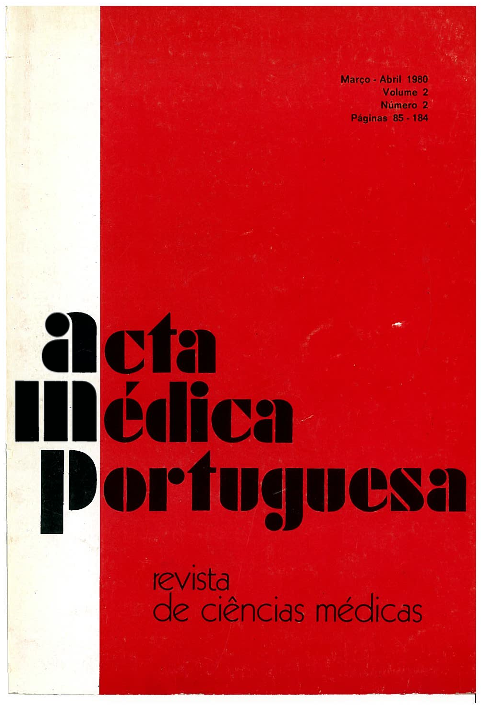Differences in the urinary excretion of steroid metabolites after dehydroepiandrosterone-sulfate administration, in feminized and non feminized cirrhotic patients.
DOI:
https://doi.org/10.20344/amp.3935Abstract
Twenty four hours urinary excretion of 11-dO-17KS and his 16 α-Hidroxylated metabolites (16 α-OH-DHA and A-triol) has been studied in cirrhotic patients with and without signs of feminization, before and after 100 mg DHAS administration. Results have been compared with those found in normal control subjects. Under basal conditions, feminized cirrhotics excreted a smaller amount of 11-dO-17KS compared with controls, being this difference enhanced after DHA-S administration. Feminized cirrhotics presented a decreased excretion of Et, DHA and 11-dO-17KS in comparison with both controls and non feminized patients. On the other hand a higher excretion of 16 α-OH-DHA after DHA-S administration was found in cirrhotic patients when compared with controls, being the increase significant only in the non feminized group. This could suggest the presence of an increased 16 α-hydroxylating capacity in the cirrhotic patients. In the feminized group this 16 α-hydroxylated metabolites could be further converted into other steroids, possibly estrogens.
Downloads
Downloads
How to Cite
Issue
Section
License
All the articles published in the AMP are open access and comply with the requirements of funding agencies or academic institutions. The AMP is governed by the terms of the Creative Commons ‘Attribution – Non-Commercial Use - (CC-BY-NC)’ license, regarding the use by third parties.
It is the author’s responsibility to obtain approval for the reproduction of figures, tables, etc. from other publications.
Upon acceptance of an article for publication, the authors will be asked to complete the ICMJE “Copyright Liability and Copyright Sharing Statement “(http://www.actamedicaportuguesa.com/info/AMP-NormasPublicacao.pdf) and the “Declaration of Potential Conflicts of Interest” (http:// www.icmje.org/conflicts-of-interest). An e-mail will be sent to the corresponding author to acknowledge receipt of the manuscript.
After publication, the authors are authorised to make their articles available in repositories of their institutions of origin, as long as they always mention where they were published and according to the Creative Commons license.









